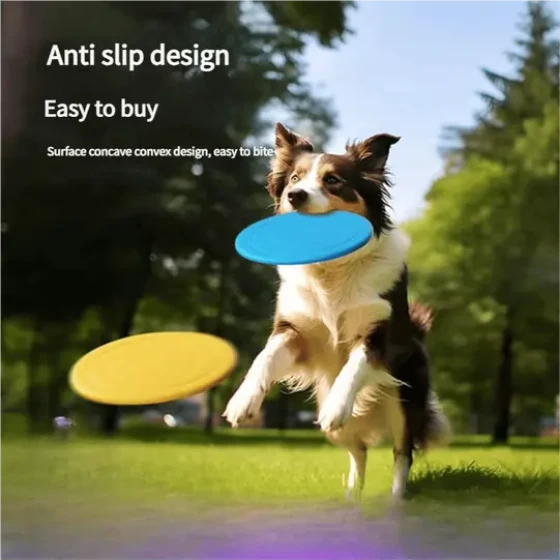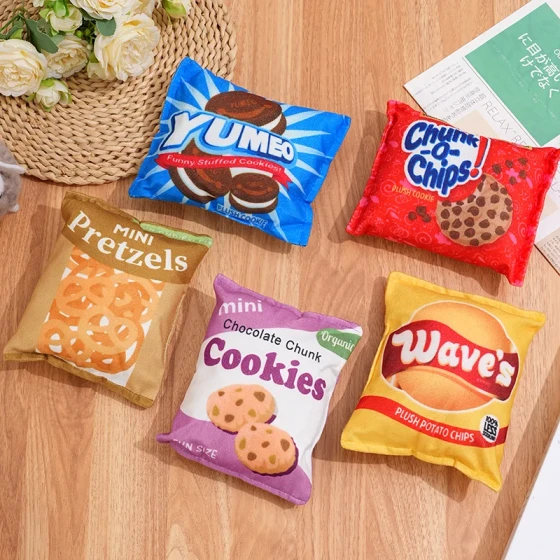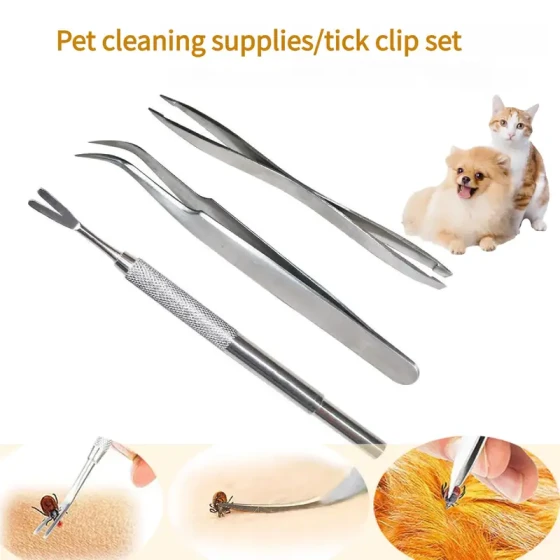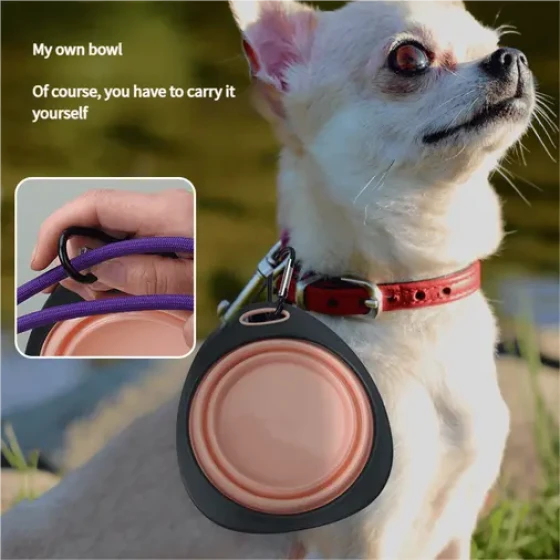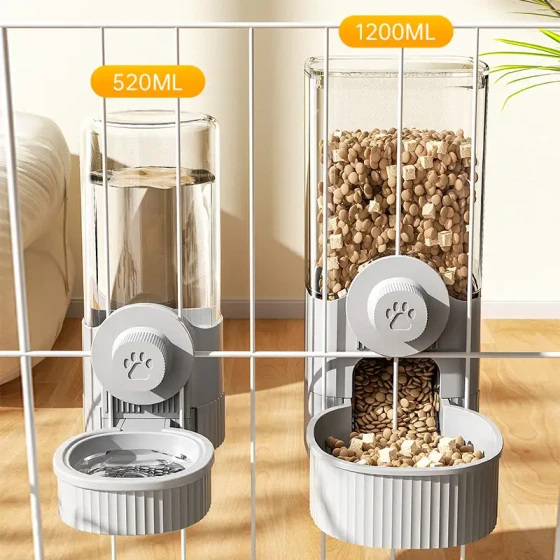Feeding Points for Bichon Frise
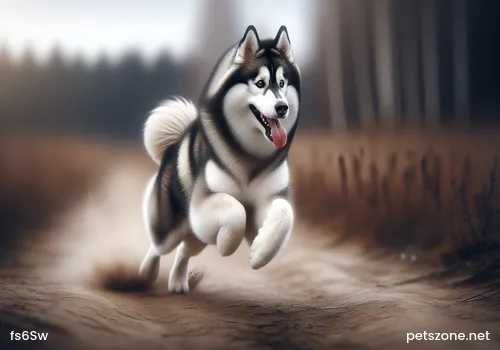
Bichon Frise (detailed introduction)
Because the Bichon Frise is naturally lively and active, it burns a relatively large amount of calories and has a relatively large appetite compared to dogs of similar size. Therefore, in the daily feeding of its feed, 150-180 grams of meat should be included, mixed with an equal amount of dry vegetable feed or biscuits, and fed after mixing with an appropriate amount of water. The added food should be chopped before mixing.
Feeding Points
The food for feeding Bichon Frise should be kept clean and hygienic, especially in summer. Leftover food from one meal should not be used for the next; it must be discarded promptly and feeding utensils should be cleaned. Firstly, Bichon Frise belongs to a breed prone to allergies, so dog food without additives should be chosen. Secondly, because Bichon Frise is prone to dental diseases, sticky foods should be avoided. Purchase some dental-cleaning toys and perform regular dental cleaning.
Because the Bichon Frise's mouth easily gets dirty, when feeding water, try not to use a bowl, but choose a specialized water container hung on the cage. Everything must be fresh; leftover food should be discarded promptly and utensils cleaned to maintain cleanliness. However, I recommend feeding dog food. Feeding the Bichon Frise should be on time, in fixed quantities, and at a fixed place. Timely feeding develops the dog’s conditioned reflex, stimulates gastric juice secretion, increases appetite, and promotes digestion and absorption.
Generally, adult dogs are fed twice a day, once in the morning and once in the evening, with a slightly larger amount in the evening. Dogs under 1 year old are fed three times a day; dogs under 3 months old are fed four times daily; puppies under 2 months old are fed five times daily. The variety of dog food can be changed, but the quantity should remain relatively stable. The feeding location can be inside or outside the kennel, but generally dogs are fed inside the kennel. A fixed feeding location aims to keep the environment relatively stable and facilitate management. Some dogs will refuse food or lose appetite if the feeding place changes.
Excess Nutrient Intake
Excess nutrient intake by dogs can cause or trigger health problems.
Excessive fat, obesity, and protein intake in dogs can easily lead to kidney disease.
If the dog’s food contains too much protein and minerals such as phosphorus and sodium, it can increase the risk of kidney disease or worsen existing kidney conditions.
Excess Sodium Intake
Excessive sodium intake by dogs can cause heart disease and hypertension.
It is understood that many pet foods on the market contain excessively high salt levels. Feeding dogs with high-salt food can easily cause heart disease or other cardiovascular diseases, resulting in insufficient blood flow and directly leading to a lack of oxygen and nutrients in tissues and organs. Therefore, avoid feeding dogs any food with excessive salt content, including snacks and some dog biscuits.
The Bichon Frise is a toy-type small dog breed, so its diet differs from that of large breeds, and feeding methods also differ. Therefore, it is important to choose dog food suitable for small companion dogs when feeding a Bichon Frise.

